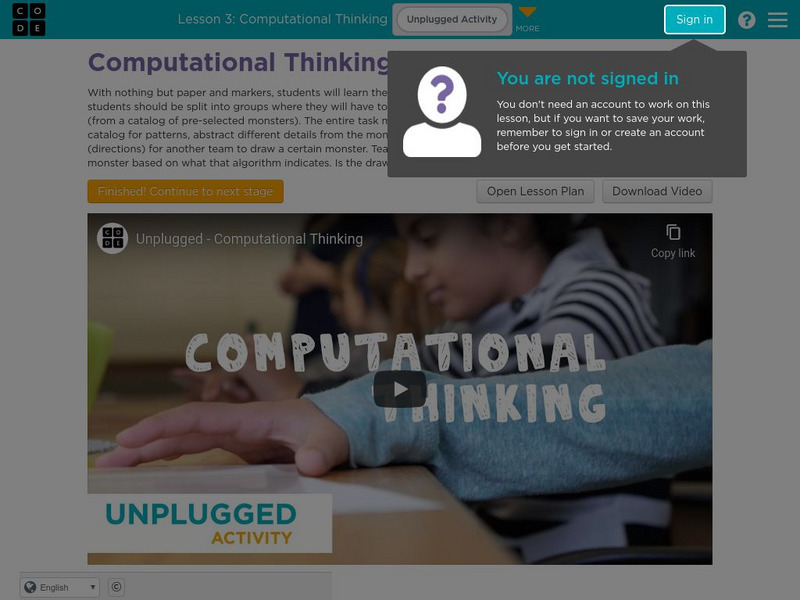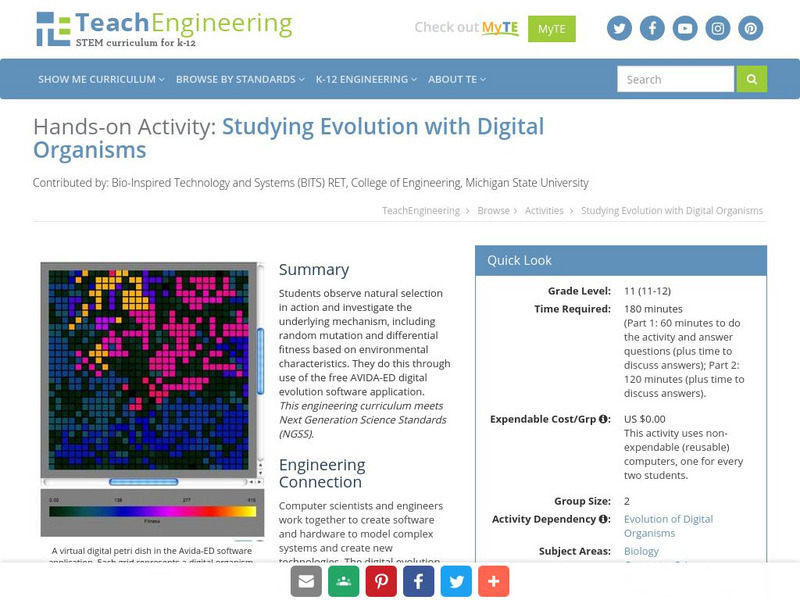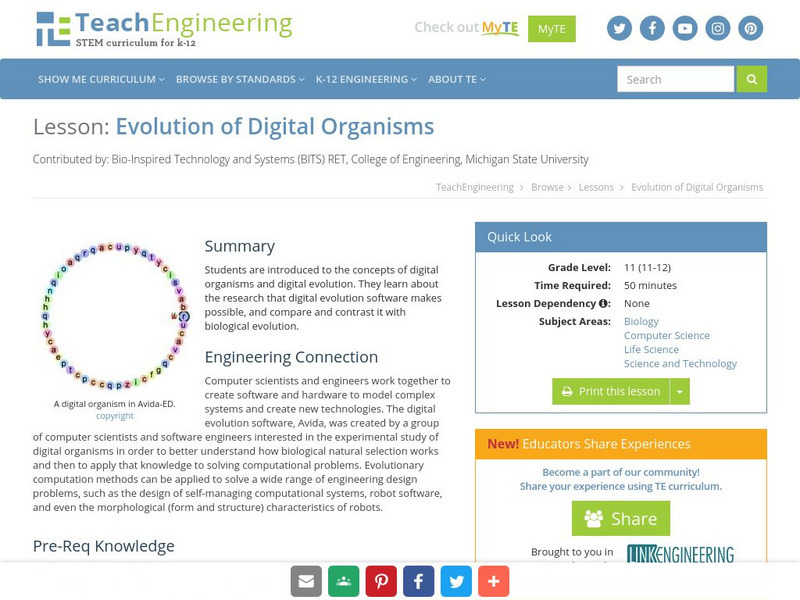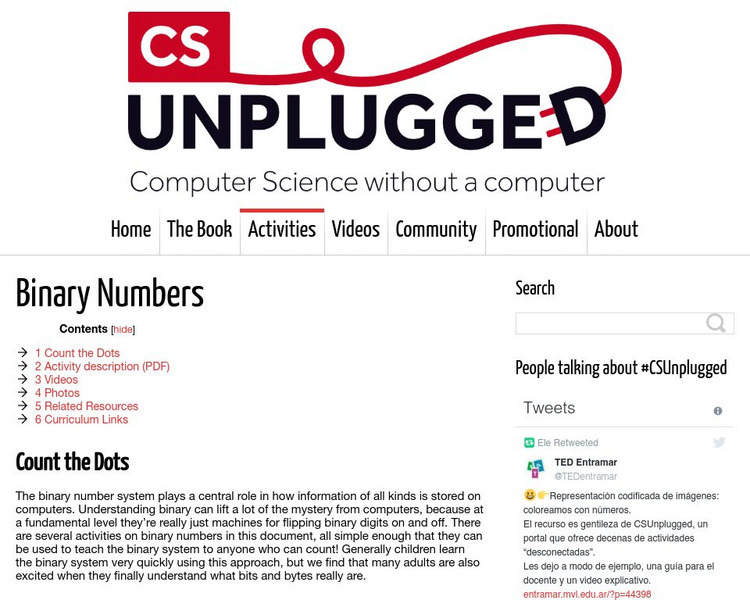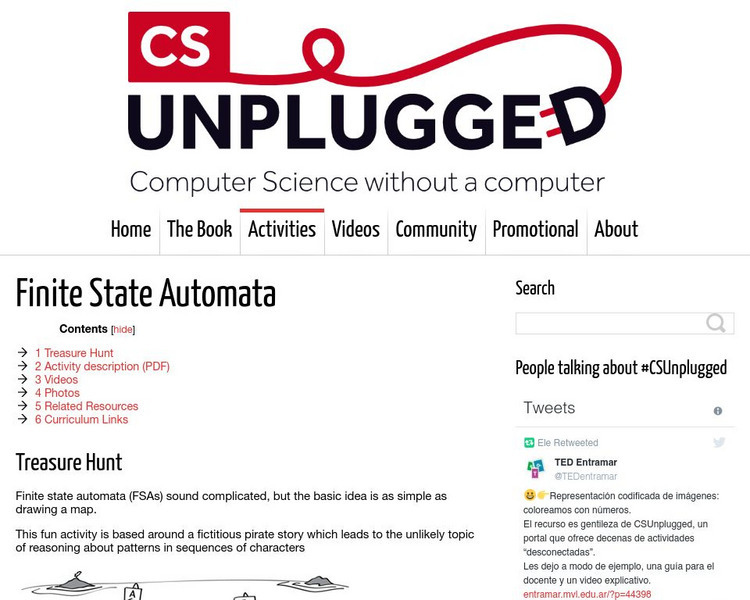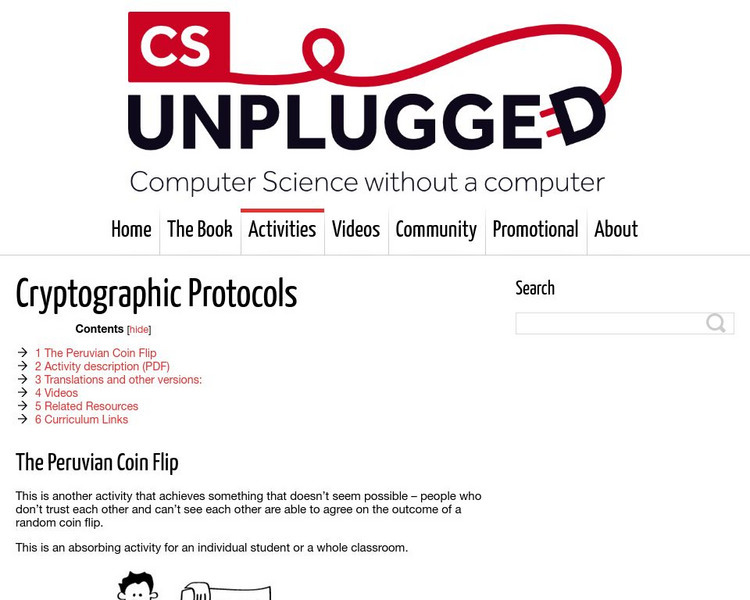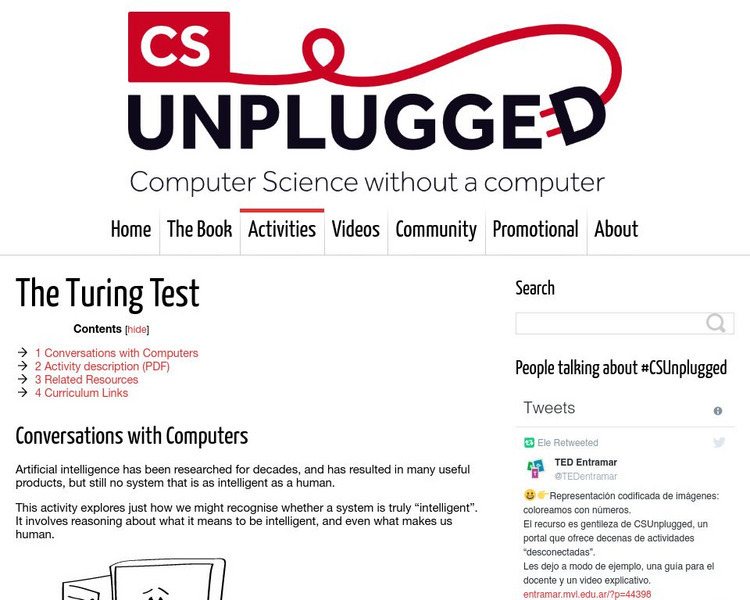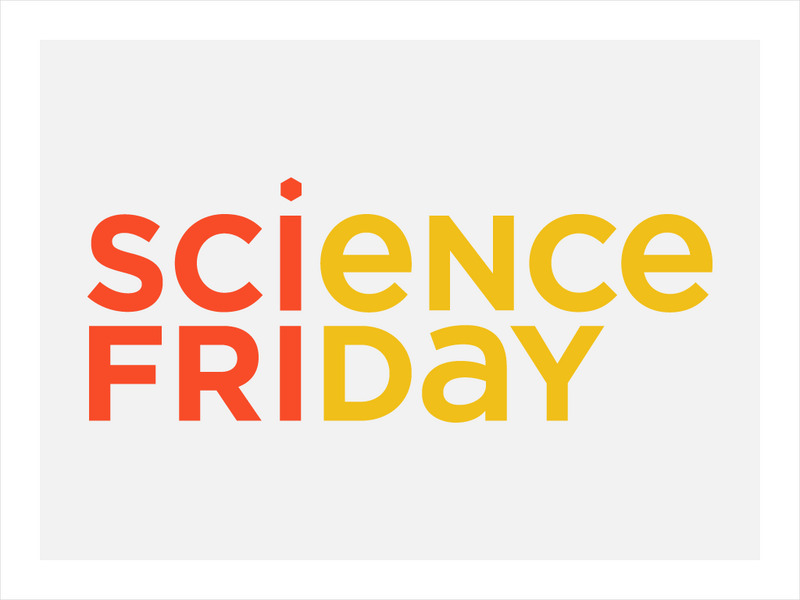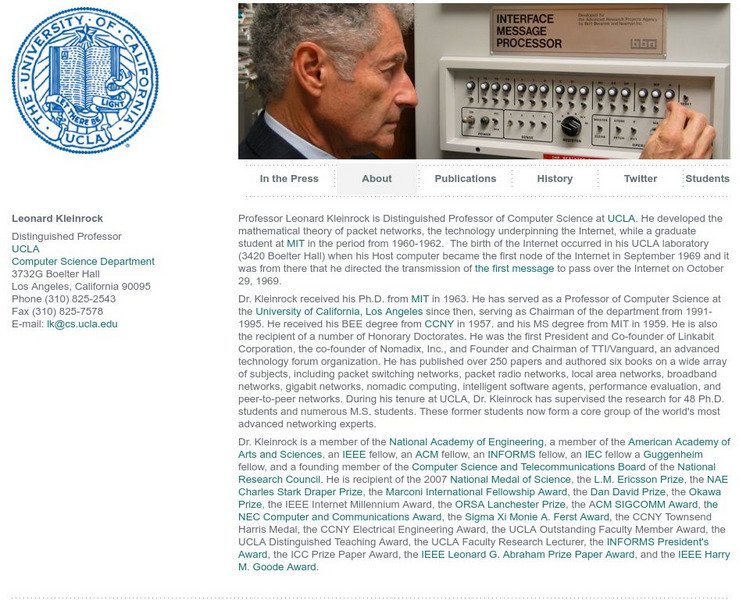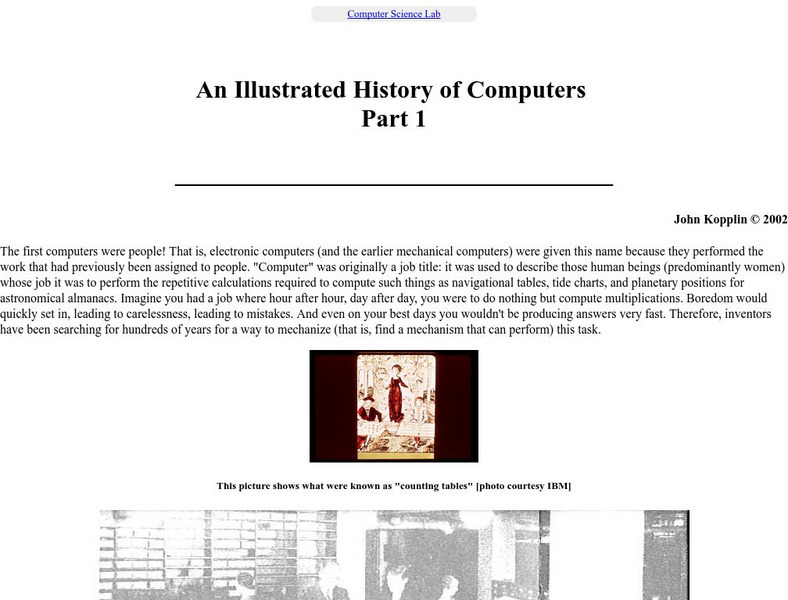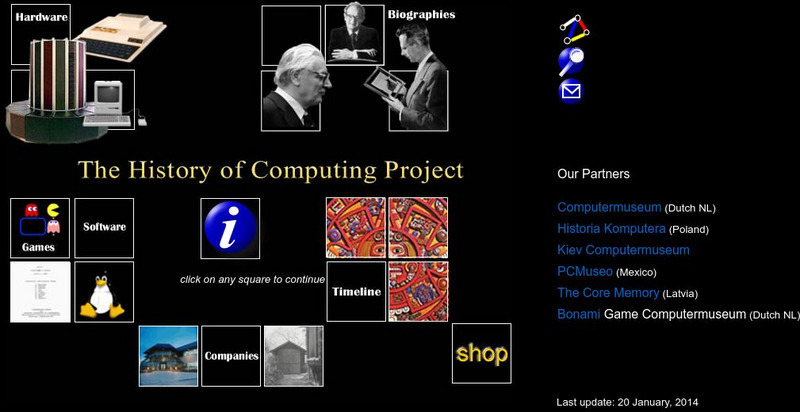Computer Science Teacher Resources
Modern homes and classrooms are set up with any number of technological devices, including smartphones, tablets, laptops, and desktop computers. And there is a strong possibility that your students already know how to navigate these devices and the online world they access. But do they understand the science that powers their digital lives?
Start young computer scientists with the basics of computer anatomy and functions, as well as a historical perspective of the personal computer. A helpful video on Alan Turing, whom many consider to be the father of computer science, can also fill in some blanks for students who can’t identify the ancestry behind their smartphones.
Extend your curriculum with a research project on Big Data and its role in learners’ lives. An informative presentation on computer language that focuses on top-down and bottom-up processing augments a programming class, as well as a project that inspires programmers to design a virtual card game.
But computer science doesn’t stop with computers! Apply the algorithms that power personal devices to everyday processes, like sorting socks or making peanut-butter-and-jelly sandwiches. Learners can also create physical representations of binary numbers with egg cartons in a hands-on activity.
No matter what your computer science pupils need, we’ve got you covered with our teacher-curated resources at Lesson Planet!




